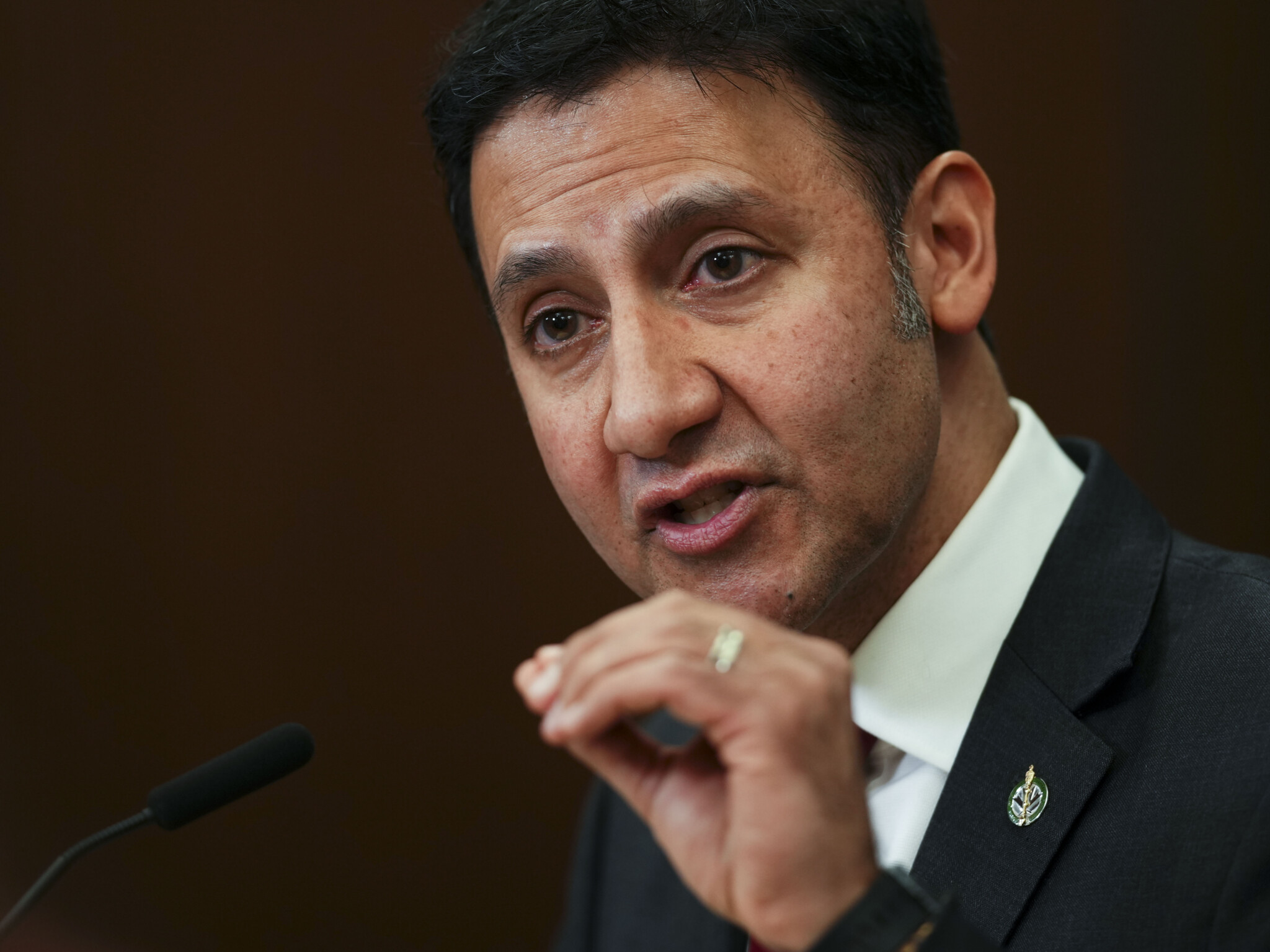Back in 2016, when Justin Trudeau’s Liberal government still had its sunny ways glow upon its face, the government and some of its prominent advisors proudly touted the notion of the Liberal Party as the “Charter party.” Constitutional law professor Grégoire Webber, then serving as a judicial advisor, was among them. Webber praised, at the time, the government’s promise to “actively and consciously” “respect, protect, and promote rights.”
“It is a promise to situate the Charter’s influence within the workings of government and Parliament,” he said.
One key part of this promise was the Department of Justice’s new practice of affixing “Charter statements” to newly proposed laws, analyzing them for constitutional compliance. The Constitution is the supreme law of Canada, binding upon all government actors and branches of the state, so this is on its face a sensible and laudable practice aimed at transparently showing how the government arrived at its conclusion that a proposal complies with the supreme law.
But the recently published Charter statement assessing the government’s proposed Online Harms Act demonstrates that even if publishing Charter statements was an earnest attempt to ensure laws and policies are drafted within constitutional boundaries, they have in reality become sheer exercises in government agitprop.
The Charter statement will serve as the basis for any eventual Department of Justice defence of a Charter challenge, so it’s unsurprising that it aims to sell the bill’s constitutionality and is suffused with ends-motivated reasoning. It’s useful, though, in revealing the government’s weakest arguments. It’s also notable for its complete lack of engagement with some of the major critiques lobbed against the bill since its announcement in late February.
Recommended for You

‘Another round of trying to pull capital from Canada’: The Roundtable on Trump’s latest tariff salvo

‘We knew something was coming’: Joseph Steinberg on how Trump is ramping up his latest tariff threats against Canada

Rudyard Griffiths and Sean Speer: Canada’s high-stakes standoff with Trump

Carney’s next budget will be built on a shaky fiscal foundation





